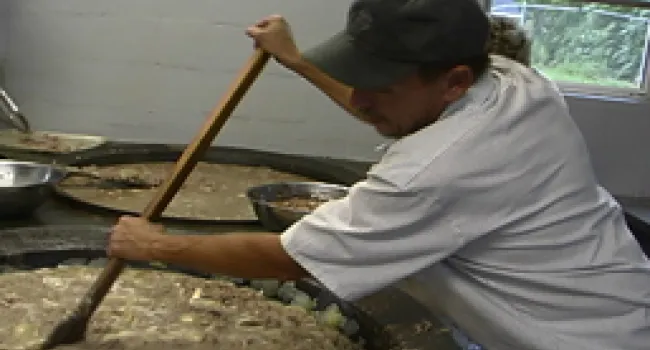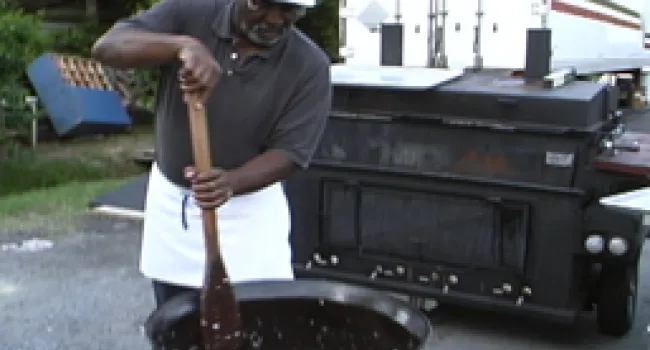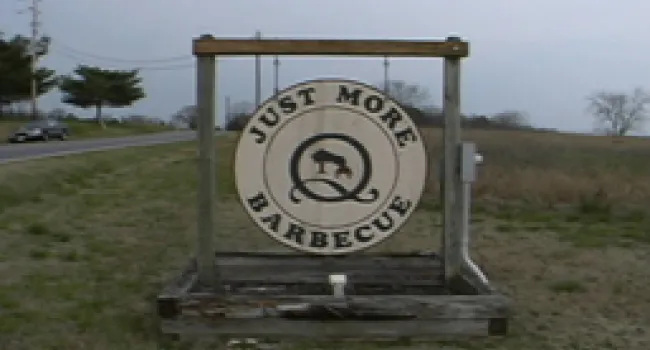
Carolina Hash: A Taste of South Carolina

The origins of hash trace back to the creation of a meat gravy by enslaved African-Americans working in South Carolina rice kitchens. Labor in the rice fields was conducted in intense heat and humidity. African-American cooks took the lesser parts of the hog such as the head, organs (offal meats), feet, and tail to develop a spice-laden, high-protein meal for the rice field workers. Made from ingredients readily available and able to feed large numbers of people, hash was an indispensable one-pot dish.
Throughout the South, hog killings occurred in the late fall, after the first frost. In the plantation environment, the “Big House” enjoyed the better quality meats from the hog and the slaves were left to create what they could with the less desirable parts. The creative and highly skilled African-American cooks, steeped in an African and Carribean tradition of using interesting combinations of spices and hot peppers to season one-pot meals, boiled the hogs head and organ meats down for hours until they could be chopped, or “hashed”, into a meat mixture with its own gravy.
Cultural Geographer, Dr. Richard Pillsbury, traced the word hash to a term used by French Huguenots in Charleston, SC to describe a hog-based stew prepared by African-Americans. In letters sent to their native region in France, the Huguenots compared the type of meat gravy served in South Carolina to a similar subsistence stew served in rural villages France called “Hashiers.”
Stan Woodward decided the story of South Carolina hash and its regional variations warranted exploration in a way that showed a true understanding of how beloved and deeply rooted this folk heritage foodway is to the state. Under the umbrella of the Southern Stews documentary project, McKissick Museum received funding from The Humanities Council South Carolina to complete the video documentation of hash. Woodward and humanities scholars traveled to rural communities throughout the state, following local leads and speaking to a variety of people involved in hashmaking. Carolina Hash: A Taste of South Carolina is an hour-long documentary that maps hash traditions in the state and pinpoints locations where hash adapted to local tastes and remains a powerful part of contemporary culture.








